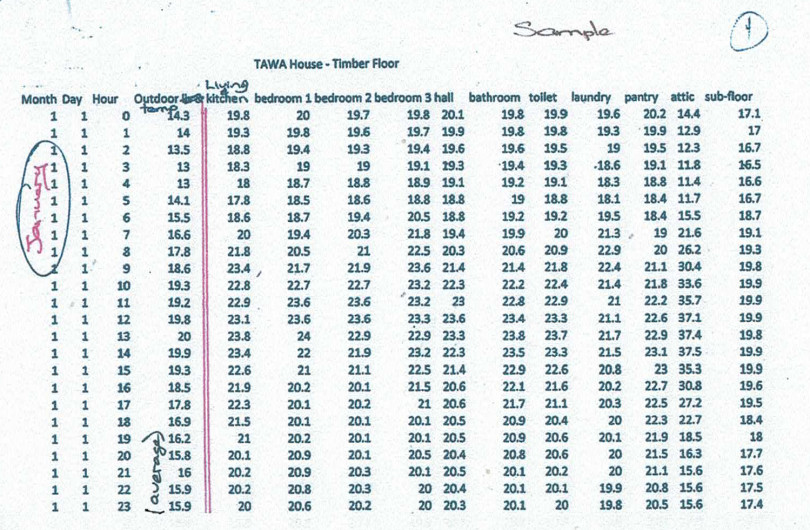Immigrants were topped by English (totalling 8,600), followed by Indian (6,000), Phillipino (3,500), Chinese (3,200), Fijian (3,100) and South Africans (2,600).
Robin Clements, Senior Economist at UBS New Zealand, said the increased migration gains had come more quickly than expected. This couldn't be more timely, he said, as it would provide additional demand for the struggling housing sector. "This should reinforce the already evident turning point for house sales and what ought to be a similar turn in building consents."*
Darren Gibbs, an economist at Deutsche Bank said that looking ahead, "in light of the deep recession and job losses being experienced in most key trading partners, we continue to think that New Zealand will experience sustained and strong net migrant inflows over the next three years."*
"If history is any guide, strengthening migrant inflows will play an important role in reinforcing what many (including the Reserve Bank) will view as a surprisingly strong recovery in housing activity," said Gibbs.*
"Importantly, April's data makes it more likely that the housing market will sustain the sorts of activity levels (or better) that appear to have stabilised house prices in recent months."*
* Source: NZ Herald



























 Most Popular
Most Popular Popular Products
Popular Products


